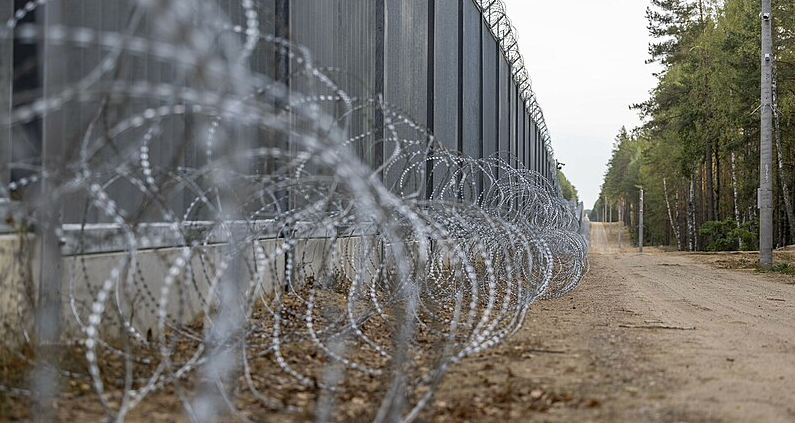Greece intends to expand its border fence with Turkey to prevent illegal migration, with or without support from the European Union.
Others are reading now
The Greek government is pushing forward with its plan to expand the border fence along its northeastern frontier with Turkey, a move aimed at curbing illegal migration.
Despite the European Union’s reluctance to fund the project, Prime Minister Kyriakos Mitsotakis has affirmed that the construction will continue using national funds if necessary.
The fence, which was first initiated in 2012, has been gradually extended, funded entirely by Greece’s own resources.
Recent pressures from countries like Germany—which has called for stronger protection of Europe’s external borders—have reignited the discussion around the fence’s expansion.
Also read
Moving Ahead with or Without EU
While Greece has asked for financial backing from the EU to complete the new section of the fence, the European Commission remains firm in its position against funding such infrastructure.
Instead, the Commission advocates for “smart solutions” to manage border security, such as adaptive surveillance systems.
“The new fence will be built with or without Europe,” Mitsotakis told Euractiv.
A spokesperson for the European Commission emphasized that while member states must protect the EU’s external borders, the focus should be on more comprehensive and technologically advanced approaches rather than physical barriers.
Construction of the 35-kilometer fence in the Evros region, a critical point of entry for migrants crossing from Turkey, has already begun.


